Understanding Li-ion and LiFePO4 Batteries: Differences, Applications and Home Usage
Lithium-ion (Li-ion) and lithium iron phosphate (LiFePO4) batteries stand out among their peers as leaders in battery technology, due to their distinct properties and applications. Each type has distinctive traits which make it suitable for certain tasks and uses.
LiFePO4 battery is better suited for stationary home energy storage applications.
Here, we will examine the differences between Li-ion and LiFePO4 batteries, discuss their advantages and disadvantages, and determine which would best serve home use. -Batteries
Chemical Composition and Structure Li-ion Batteries:
Differences Between Li-ion and LiFePO4 Batteries
Chemical Composition and Structure
Li-ion batteries typically use lithium cobalt oxide (LiCoO2) or lithium manganese oxide (LiMn2O4) as the cathode material with graphite anodes as an anode material to provide maximum energy density and power capacity, making these lithium batteries ideal for portable electronics like smartphones, laptops, and electric vehicles.
LiFePO4 Batteries (lithium iron phosphate batteries) offer excellent thermal stability and safety compared to more reactive oxide-based technologies commonly found in standard Li-ion batteries.
Performance Characteristics Energy Density: Li-ion batteries typically offer higher energy densities - meaning more power per weight unit can be stored than LiFePO4 cells - making them ideal for applications where weight and space constraints play a pivotal role.
Safety: LiFePO4 batteries are inherently safer than their Li-ion counterparts due to being chemically stabler and being better at withstanding high temperatures without decomposing, thus decreasing thermal runaway, which increases temperature rapidly leading to explosive fires and explosions.
Cycle Life: LiFePO4 batteries typically boast longer cycle lives than Li-ion ones; typically being capable of withstanding between 2000-5000 charge-discharge cycles before their capacity drops by 80% compared to only 1000-1500 cycles under similar conditions in Li-ion cells.
Environmental Impact: LiFePO4 batteries are considered more eco-friendly than Li-ion ones due to the reduced toxicity and health and safety risks involved with using iron phosphate for manufacturing these cells.
Examples of Home Use
- Solar Energy Storage: Many homeowners who install solar panels choose LiFePO4 batteries for their energy storage needs. The batteries store excess solar energy generated during the day, which can then be used at night or during power outages.
- UPS Systems: Uninterruptible Power Supply (UPS) systems equipped with LiFePO4 batteries provide reliable backup power for home offices, ensuring that devices such as computers, modems, and routers continue to operate during short-term power interruptions.
Here are a few more examples where LiFePO4 batteries are effectively used in home applications:
Electric Vehicle Home Charging
For homeowners who own electric vehicles (EVs), installing a LiFePO4 battery system can enhance the efficiency of home charging stations. LiFePO4 batteries can store electricity from the grid during off-peak hours when rates are lower and then supply this energy to charge EVs during peak hours, thus optimizing electricity use and reducing costs.
Emergency Lighting Systems
LiFePO4 batteries are an excellent choice for emergency lighting systems in homes. Their long life and stability ensure that they remain reliable over many years, providing critical lighting during power outages without the need for frequent maintenance or replacement.
Portable Power Stations
Portable power stations equipped with LiFePO4 batteries can be used in homes for various applications, such as powering garden tools, mobile devices, or outdoor lights during family gatherings or in areas where access to power outlets is limited. Their portability and safety make them ideal for both indoor and outdoor use.
Home Automation Systems
Home automation systems, which may include security cameras, smart thermostats, and other IoT devices, require constant, reliable power. LiFePO4 batteries can be used to ensure these systems remain operational, especially during power interruptions, enhancing both convenience and home security.
Which Battery Should be Selected for Home Use?
When selecting batteries suitable for in-home energy storage systems or backup power supplies, several considerations play an essential part, including safety, longevity, and environmental impact. LiFePO4 batteries typically make for the best choice on this front due to several reasons outlined here:
- Safety
Safety should always come first when purchasing batteries for residential applications. For optimal battery safety in this setting, batteries must have high levels of stability to avoid issues like overheating, fire hazards, or chemical leakage; LiFePO4 batteries tend to be safer due to being more stable and resistant to thermal runaway compared with traditional Li-ion cells.
- Energy Density
This term refers to how much energy can be stored by batteries relative to their size or weight, making Li-ion batteries ideal if space or weight constraints limit storage needs in smaller homes or apartments due to their higher energy density compared with LiFePO4 options.
- Lifespan and Cycle Life
Consider how long a battery will remain operational before needing replacement; this factor includes its lifespan as well as a number of charge-discharge cycles it can undergo before its capacity decreases significantly. Generally speaking, LiFePO4 batteries tend to outlive Li-ion counterparts both in terms of lifespan as well as charge cycles supported.
- Cost
Budget constraints remain paramount in every organization. LiFePO4 batteries initially cost more than Li-ion alternatives; however, over time due to longer lifespan and decreased replacement needs they offered lower total operational costs over Time. Assess both upfront costs as well as long-term operating expenses when making your decision.
- Environmental Impact
For environmentally aware consumers, battery eco-friendliness is of great significance. LiFePO4 batteries contain less harmful phosphate salts compared to cobalt or heavy metals used in other Li-ion battery types - making LiFePO4 batteries an attractive green choice option.
- Performance at Varying Temperatures
Battery performance can fluctuate widely when exposed to extreme temperature changes, so selecting one with consistent performance across various temperatures is ideal if living in an area with extreme climate changes. LiFePO4 batteries tend to provide better stability and performance when dealing with both high temperatures and low ones than traditional Li-ion ones.
7. Charging Time
Take into consideration how quickly the battery can be charged; typically Li-ion batteries charge faster than their counterpart LiFePO4s; this makes Li-ion an attractive option if fast battery provisioning is a priority, such as in emergency power backup applications where rapid availability may be crucial - LiFePO4 may take more time and therefore might not meet this priority as effectively.
- Compatibility with Existing Systems
Before purchasing any battery for use in your home, ensure it will integrate smoothly with other systems like solar panel installations or energy management platforms, like home energy management systems. Check voltage, capacity, and power requirements to make sure it can integrate smoothly.
- Maintenance Requirements
Some batteries require more maintenance than others; knowing these needs and undertaking regular checks and balances could sway your decision based on how much effort and time is willingly expended in upkeep.
- Manufacturer's Reputation and Warranty
- Scalability and Modularity
Take into consideration whether the battery system you purchase is scalable or modular when making decisions for expanding home energy needs in the future. Some systems allow easy addition of additional battery units if your energy demands increase over time or you plan on incorporating renewable sources.
- Regulatory Compliance
Compliance It is critical that batteries comply with local regulations and standards regarding installation, usage, and disposal. Doing so ensures safety and environmental regulations are being observed which in turn helps avoid legal complications while keeping systems secure and efficient.
Final word:
While Li-ion batteries dominate in areas where high energy density and weight are critical, such as in laptops and electric vehicles, LiFePO4 batteries are better suited for stationary home energy storage applications. Their safety profile, longevity, and lower environmental impact make them an ideal choice for homeowners looking to integrate battery storage into their energy systems. Whether for daily energy management or emergency power backup, LiFePO4 batteries offer a reliable and sustainable solution, that aligns with the needs and values of modern households.

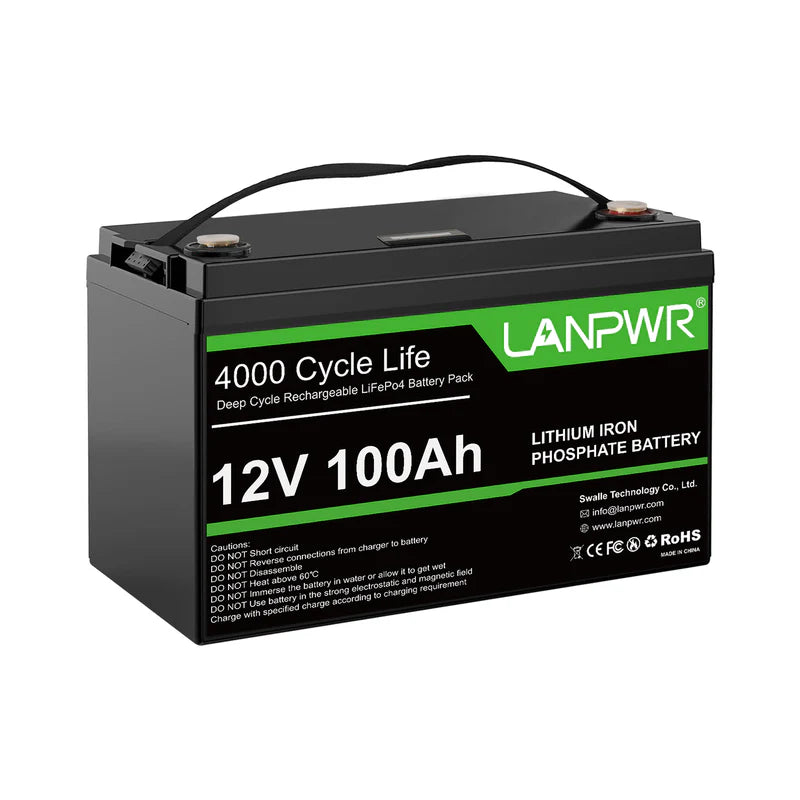
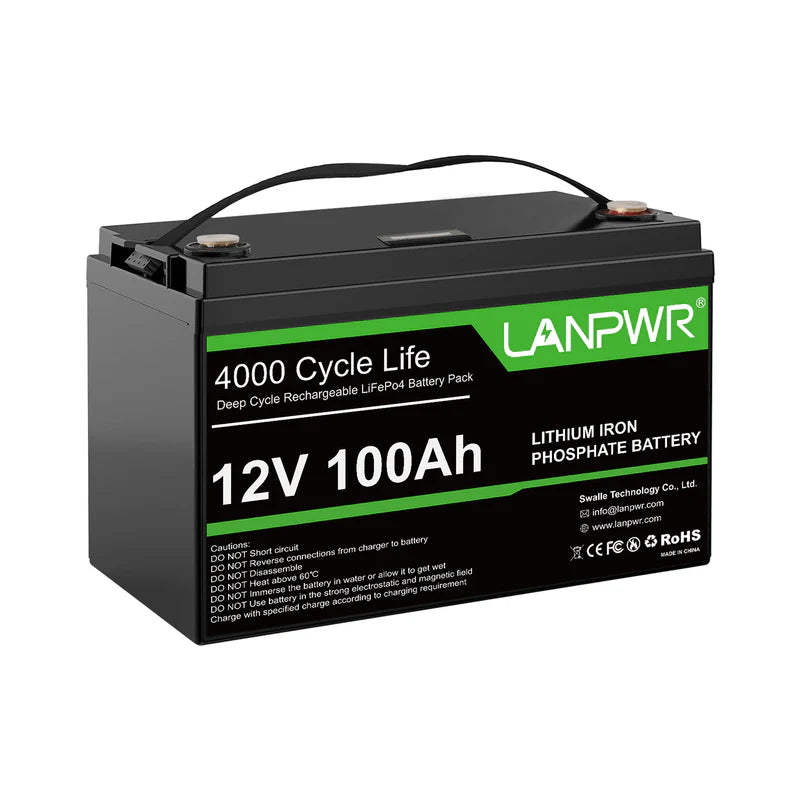
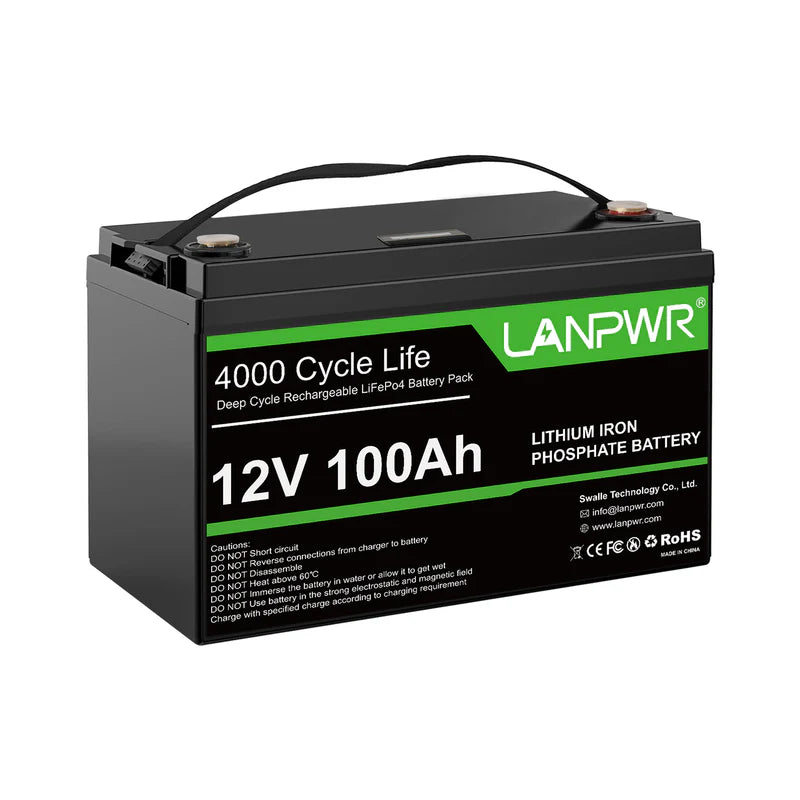
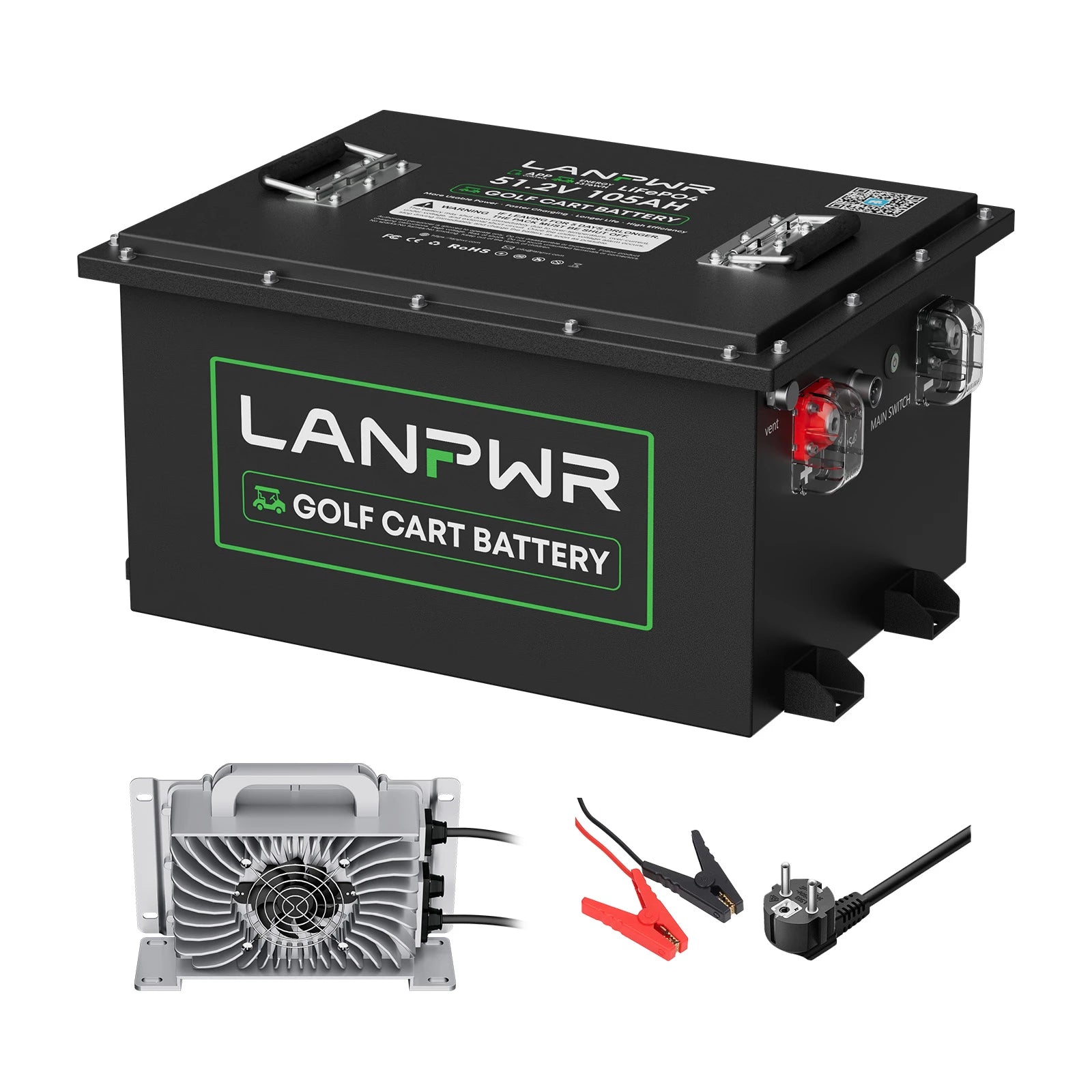
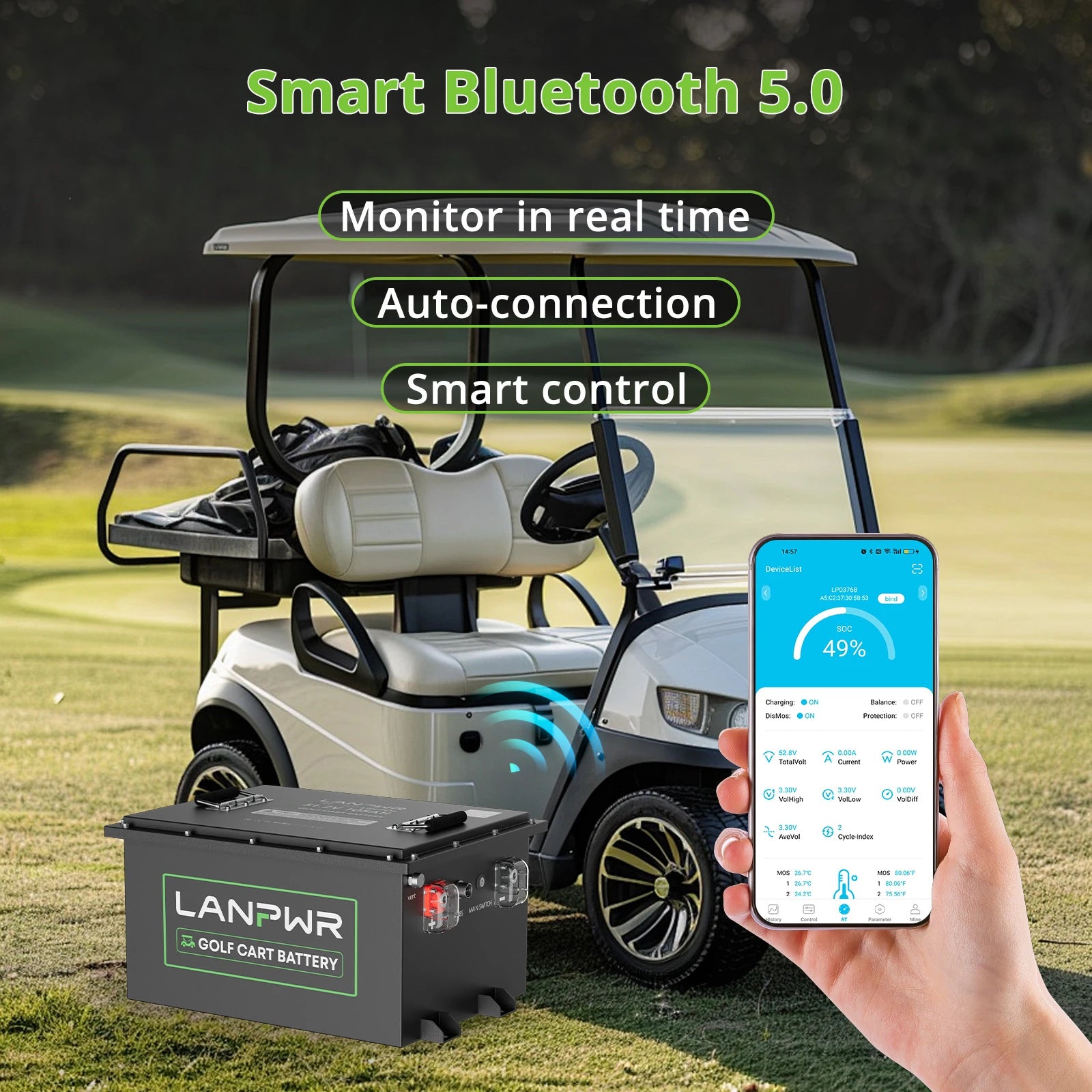
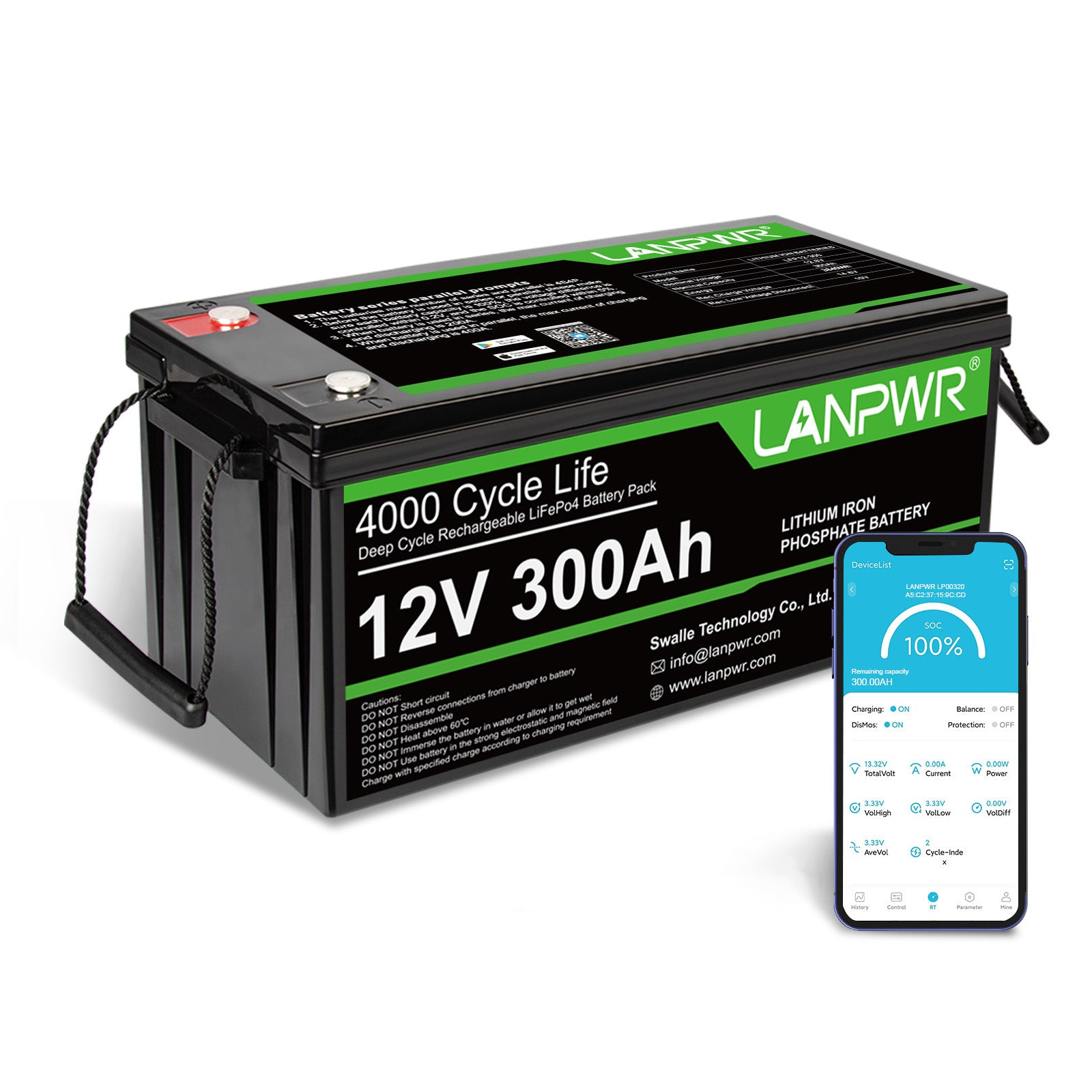
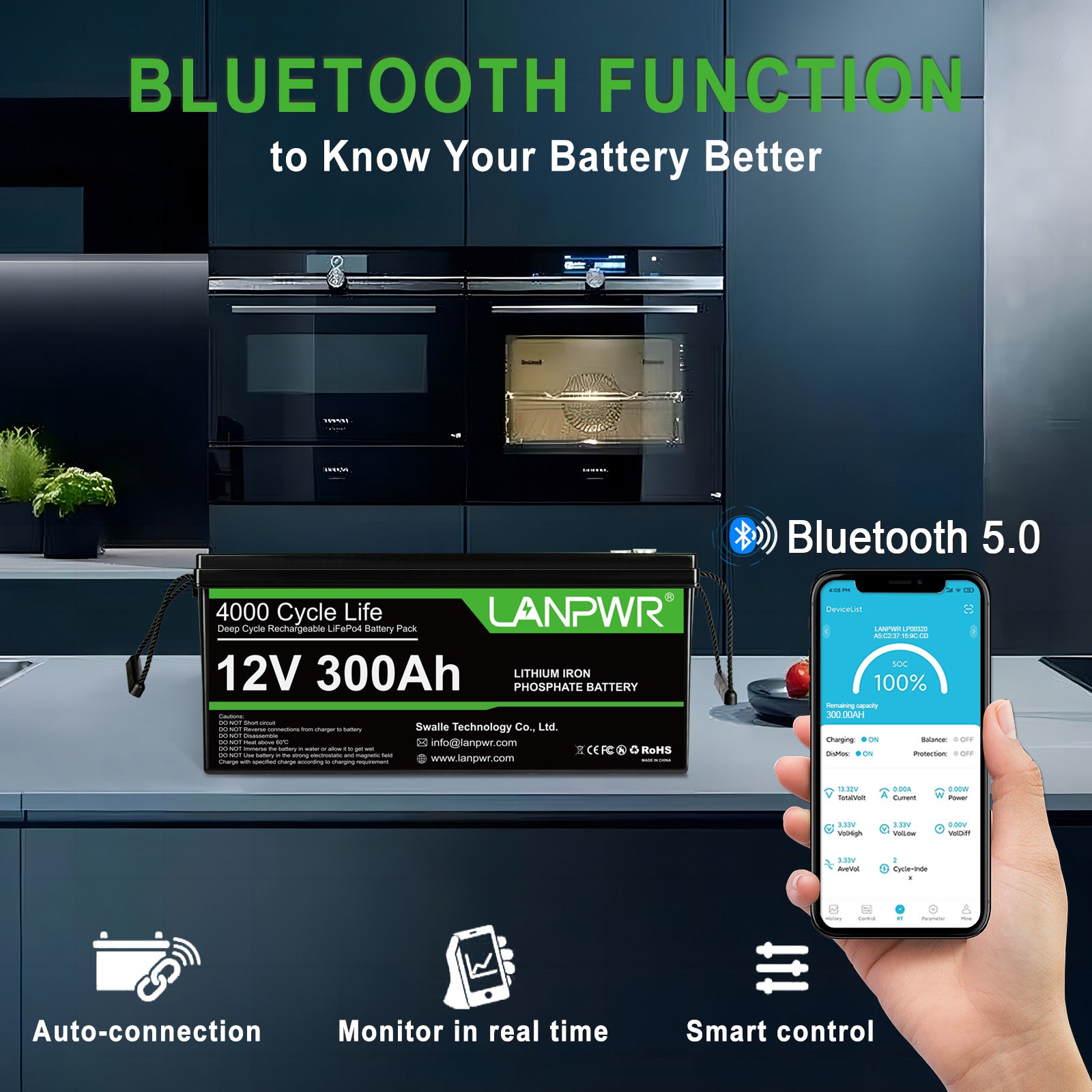
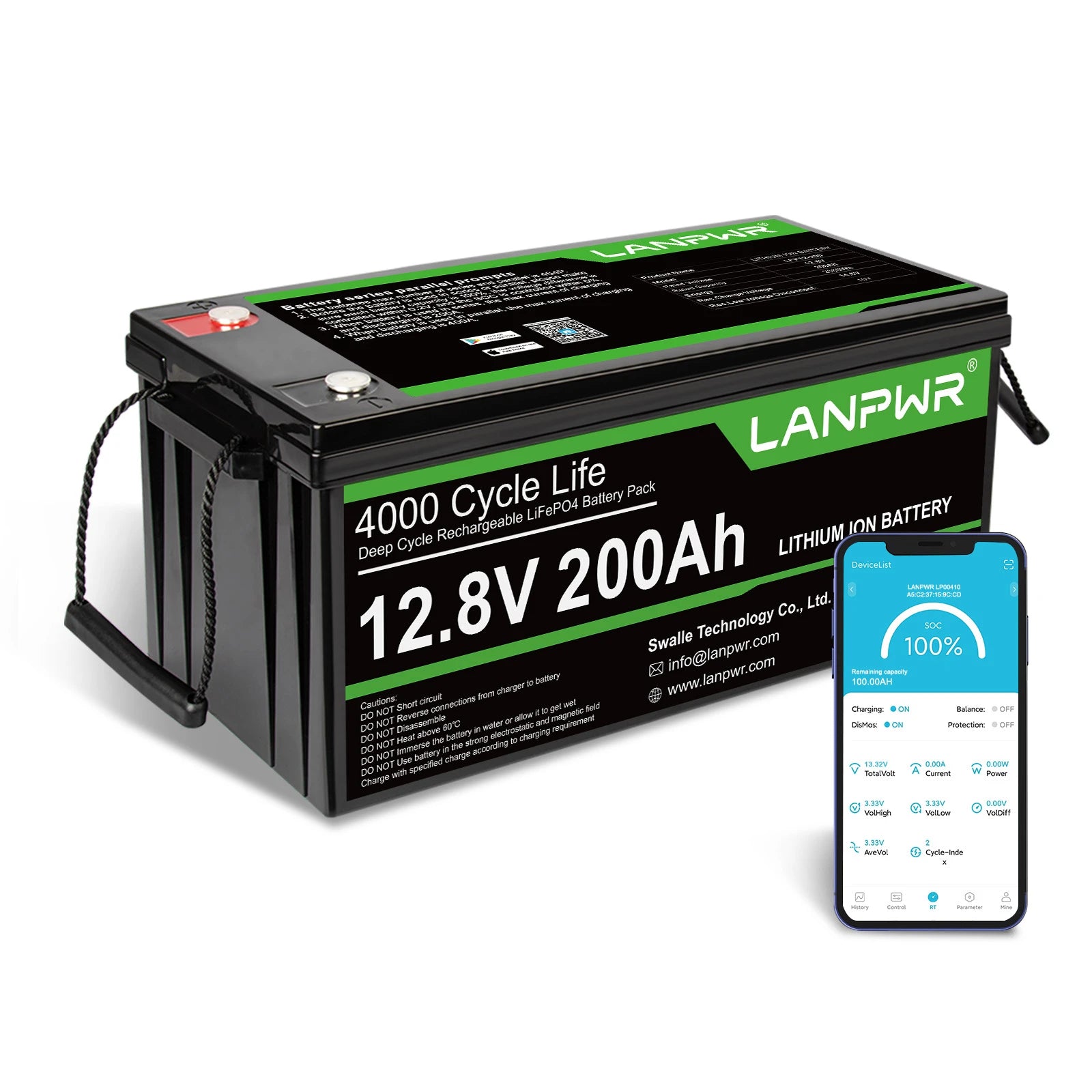
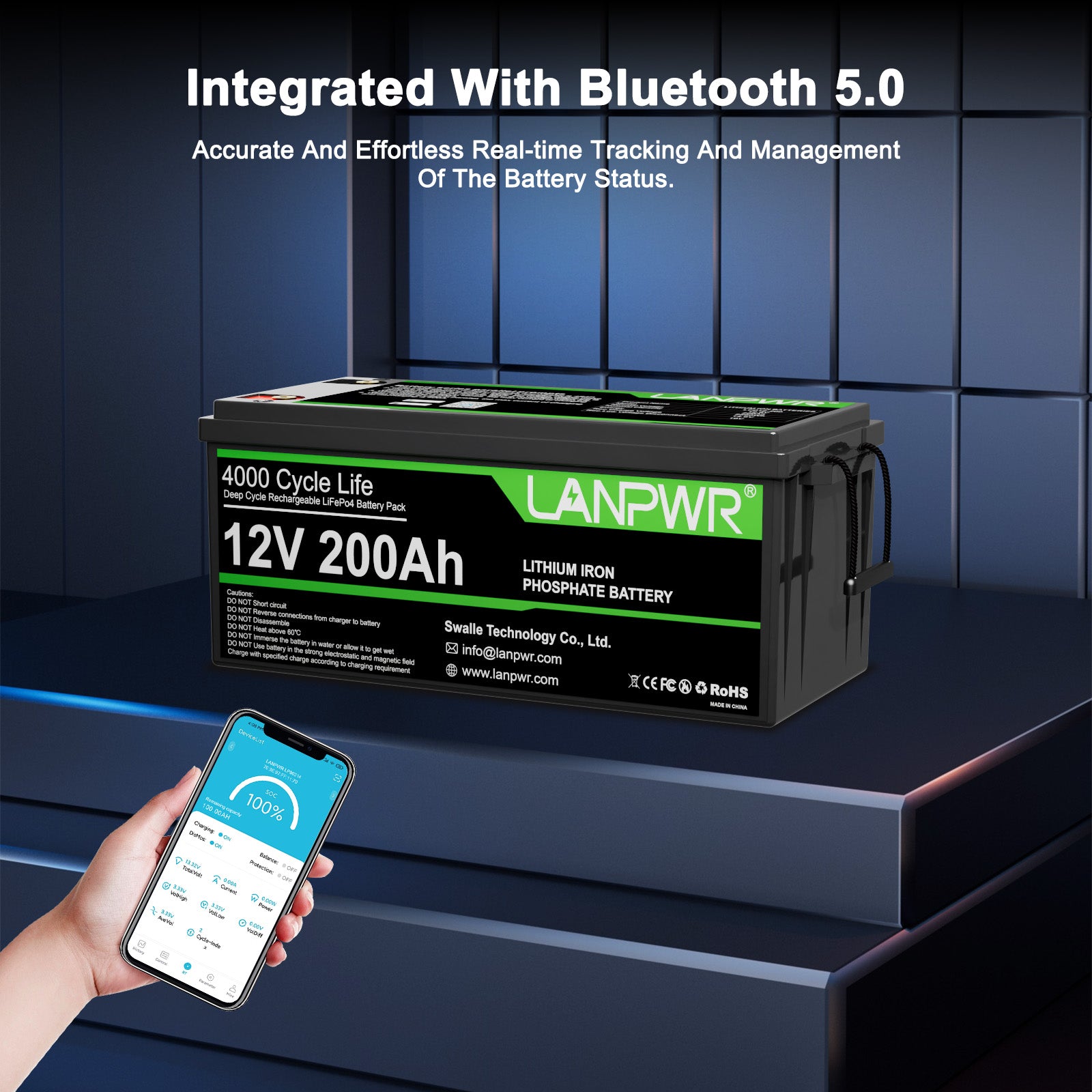
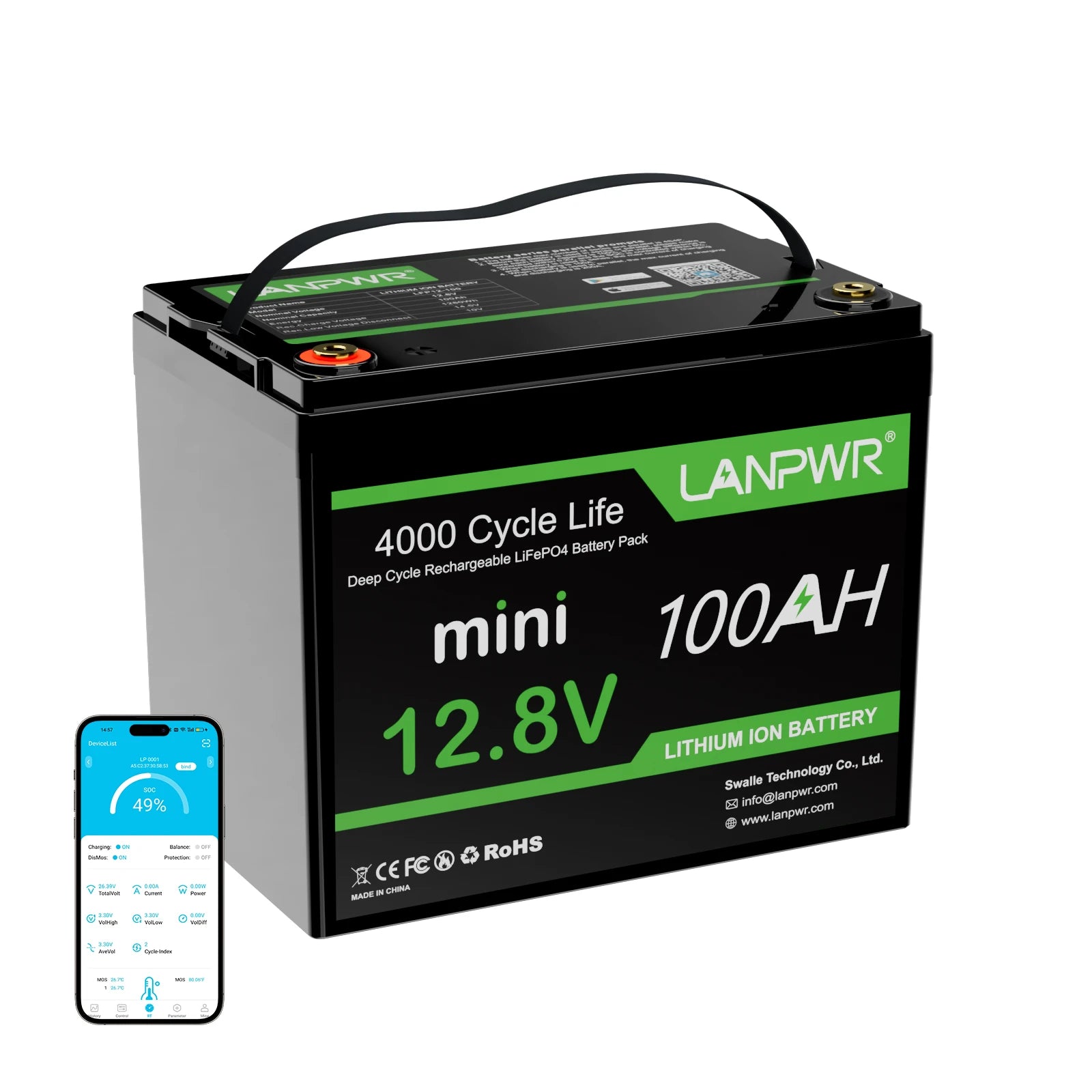

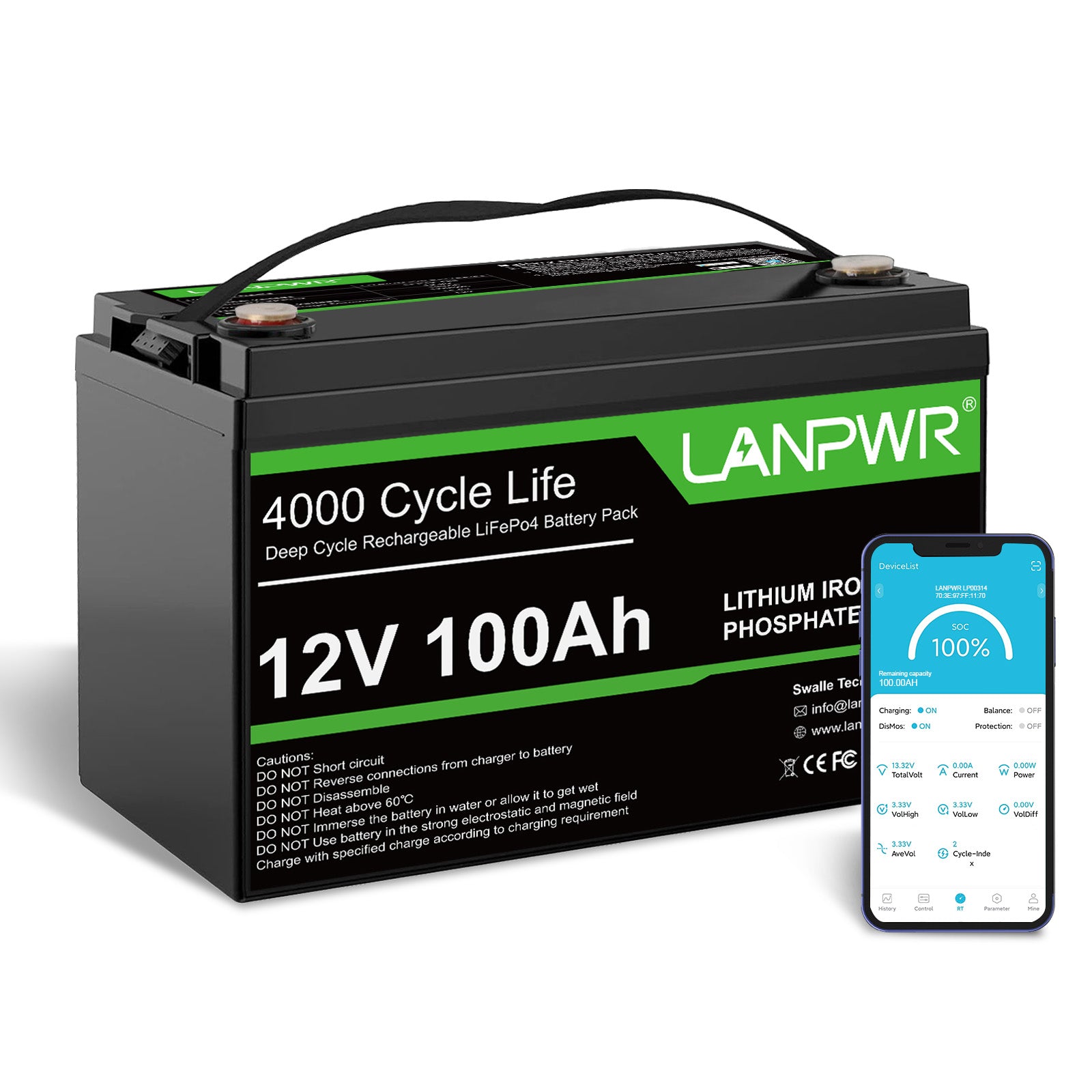

Leave a comment
This site is protected by hCaptcha and the hCaptcha Privacy Policy and Terms of Service apply.